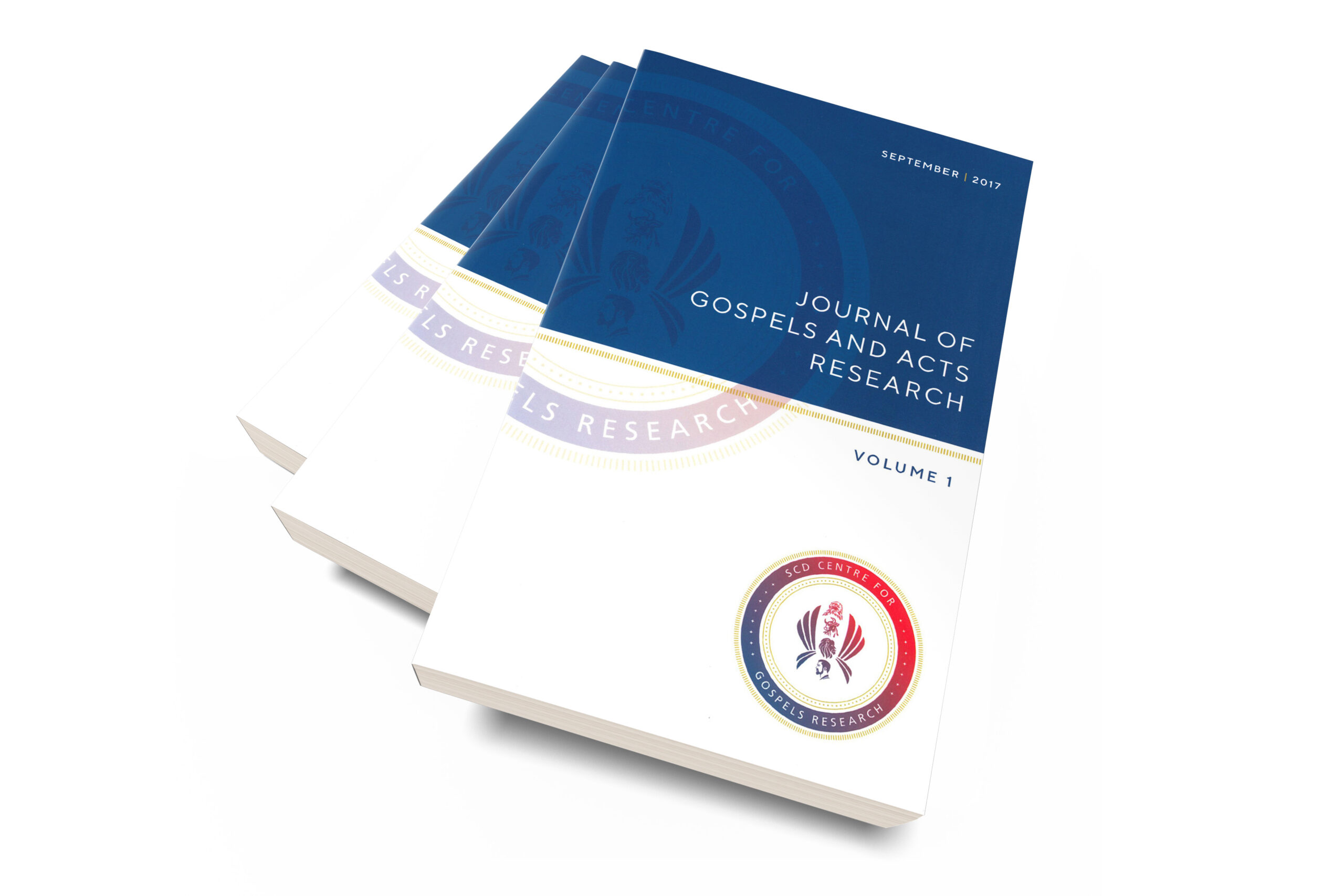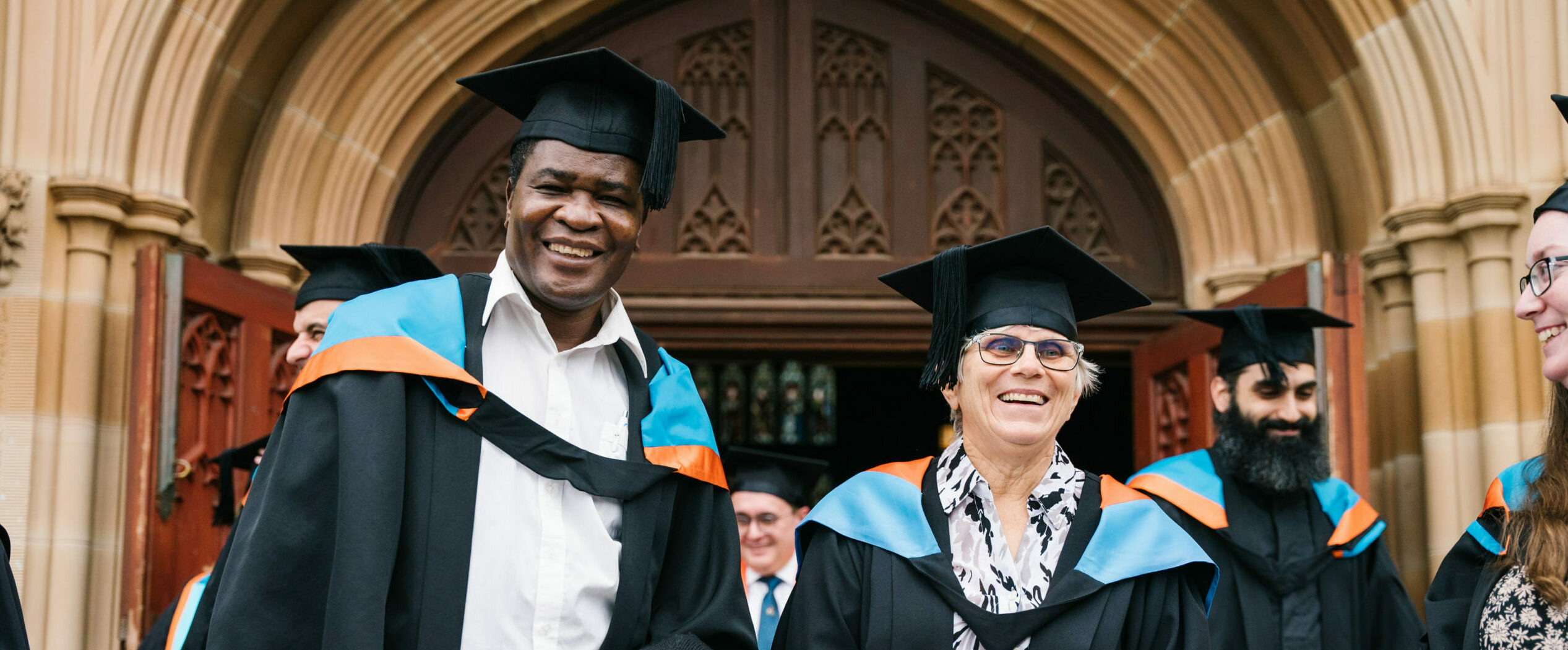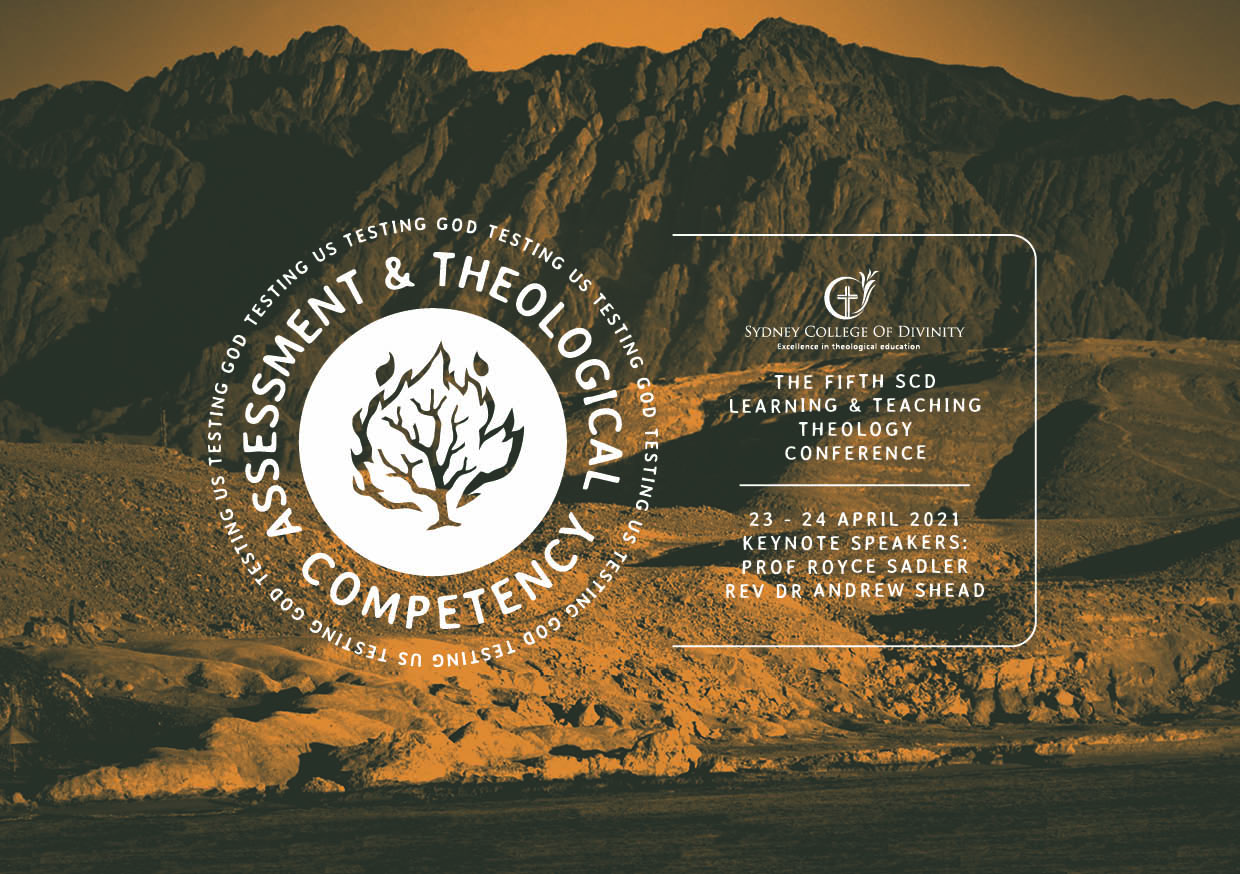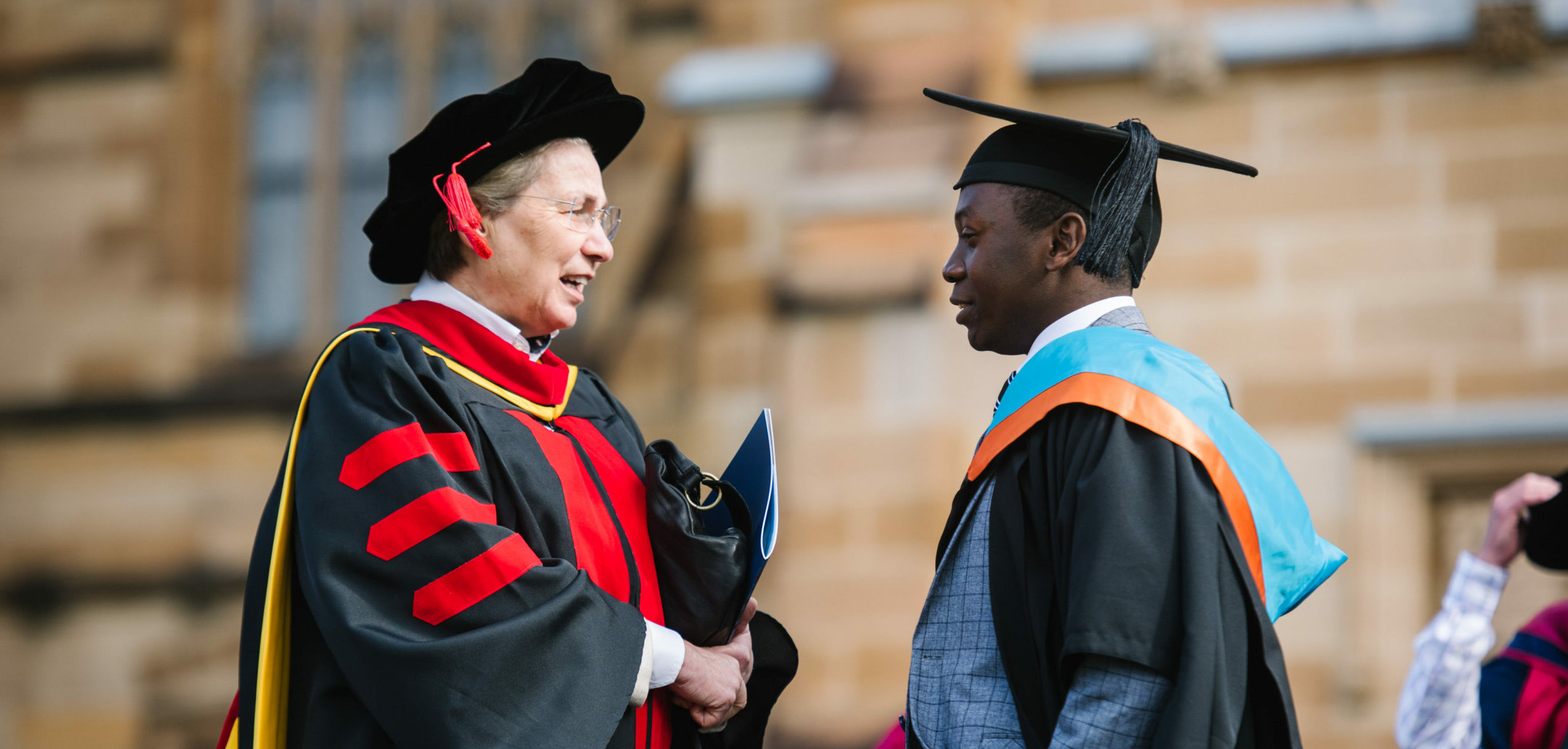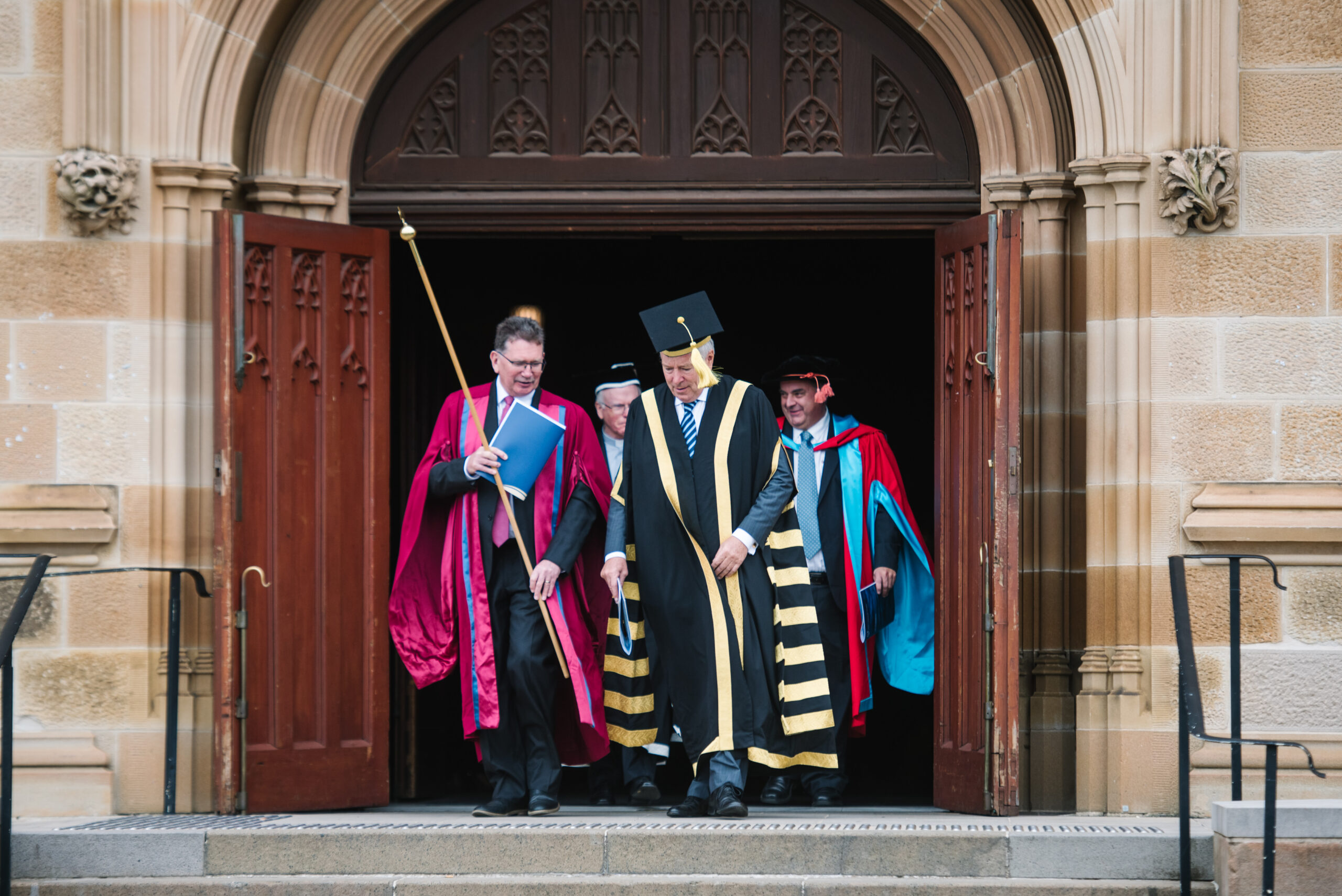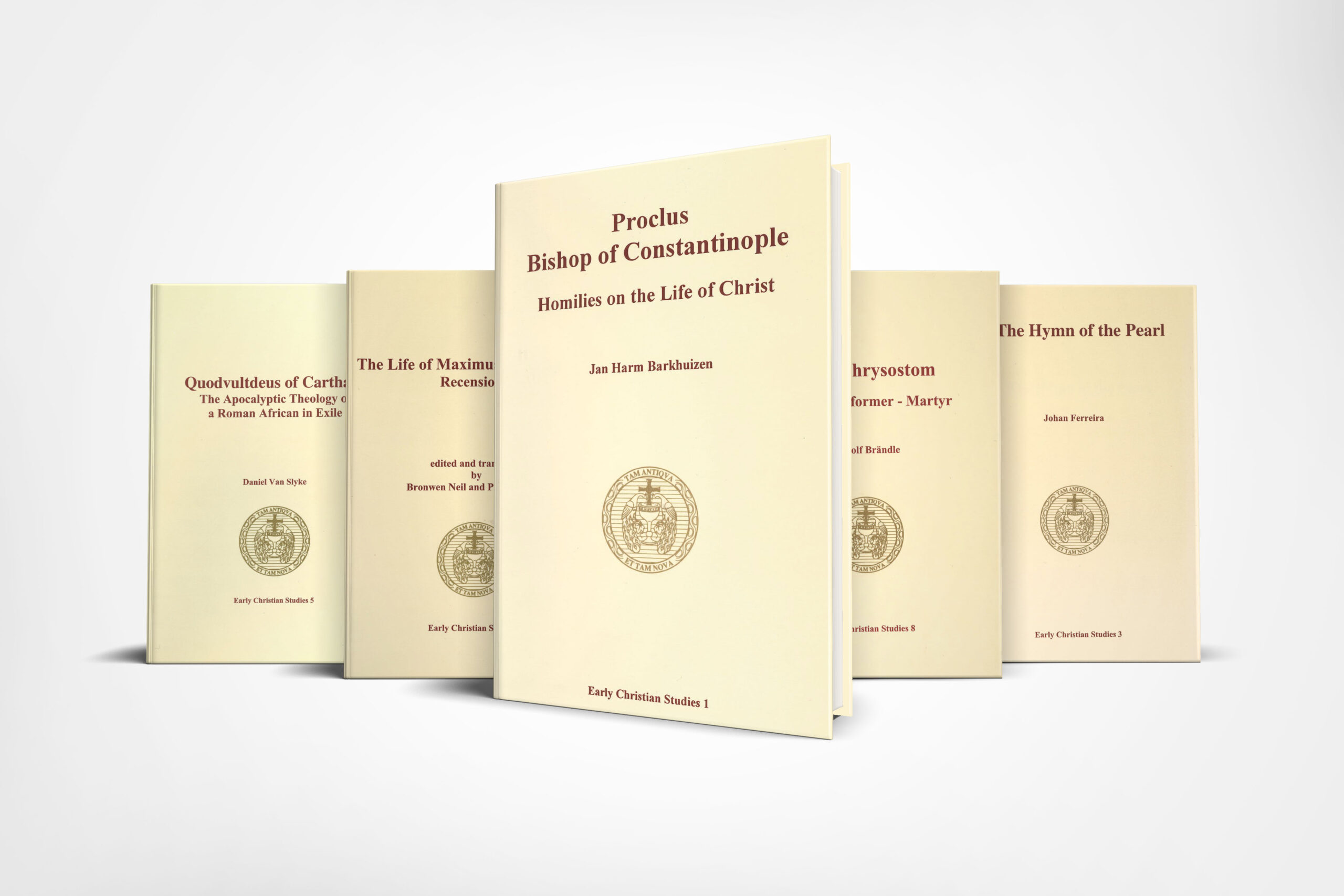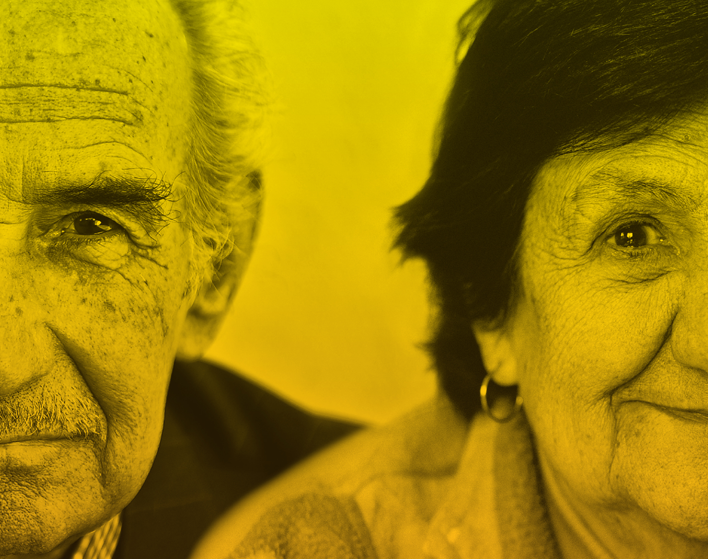Essays examining God’s justice and mercy published
25 August 2020
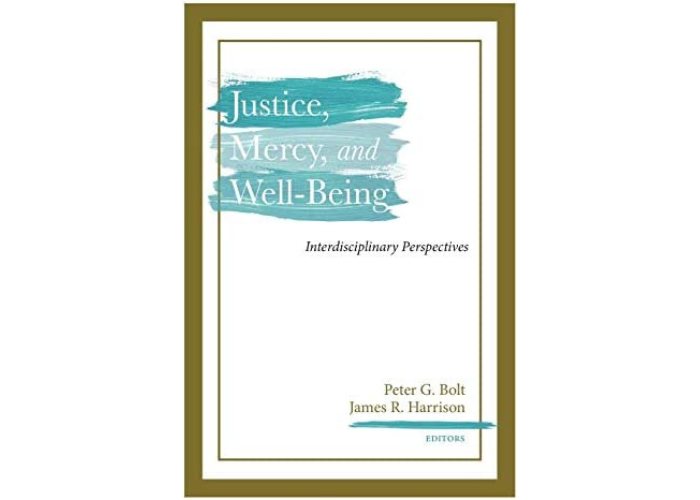
Peter G. Bolt and James R. Harrison, Justice, Mercy and Well-Being: Interdisciplinary Perspectives
In 2020 Pickwick Publications, an imprint of Wipf & Stock, published a new book titled Justice, Mercy and Well-Being: Interdisciplinary Perspectives (341 pp.). Edited by Peter G. Bolt and James R. Harrison, the sixteen studies, prefaced by an extensive introduction, are the mature reflections of the 2016 SCD conference. The mid-year conference Justice, Mercy and Social Wellbeing: Interdisciplinary Perspectives was held by the Sydney College of Divinity on 22 – 23 July, 2016. The essays, drawing upon scholars from Australia and the United Kingdom, examine how the God’s justice and mercy intersect in the lives of individuals and communities in a world where justice and mercy seldom meet.
Approaching the theme from a variety of methodological and interdisciplinary perspectives, the authors consider personal and social well-being from a variety of perspectives: theological, exegetical, historical, health care, moral and visual arts approaches. After James Harrison sets out justice and mercy in its biblical, philosophical (Nietzsche), cultural (Leonard Cohen; Shakespeare’s The Merchant of Venice) and historical context (ancient Near Eastern/Graeco-Roman; Adolf Eichmann), Stephen Barton and Stephen Pickard expand upon their keynote addresses from the conference. Barton unpacks the ‘constitutional’ and ‘Kingdom of God’ dimensions of the two motifs in the Gospels, whereas Pickard theologically expounds seven theses about the relationship between justice and mercy.
Essays by Geoff Harper and Robert Tilley provide exegetical studies on both motifs in Leviticus 26:3-13 and Romans 9-11. Theological examinations of personal and social well-being are undertaken from the vantage points of the humanity of God (Peter Bolt), the asceticism of Maximus the Confessor (Doru Costache), the Christology of human flourishing (Peter Laughlin), the tolerance of God (David McKewan), and singleness (Karen Pack). The welfare of ancient Rome is considered from the perspective of the epistle to the Romans in light of the fabled “clemency” of emperor Nero (James Harrison), whereas indigenous well-being in contemporary Australia is examined against the backdrop of Noel Pearson’s famous speech on radical hope and the Warwick Thornton’s film Samson and Delilah (Neil Holm). Adam Cooper, Stephen Smith and Kathy Kleeman investigate the healthcare aspects of well-being in late antique health care and the contemporary care of those suffering memory loss. Three final studies (Peter Carblis, Antonios Kaldas, and Peter Mudge) open up new vistas on well-being, justice and mercy in the disciplines of virtue ethics, cognitive science and the visual arts.
This collection of essays, tantalisingly wide in its range, is a rich distillation of two of the most fundamental biblical, theological, and ethical dynamics in the Christian life and their consequences for human flourishing. Perhaps Barton (Justice, Mercy and Well-Being, p. 52) sums up the implications of these studies the best:
“… it may be the case that the Christian practice of justice and mercy in our day will be related in sometimes surprising, even subversive, ways to practices in society-at-large. One aspect of the vocation of the Church is to embody that surprise—that grace, forgiveness, self-dispossession, and humility—in its own polity and practice. The fruit of so doing will be the upbuilding, not only of the Church’s own life, but also of the life of the world, to the glory of God.“





